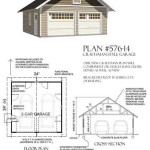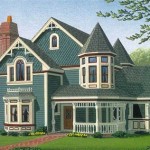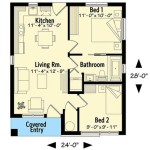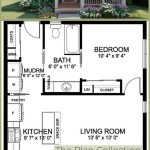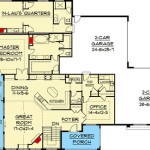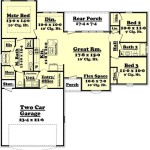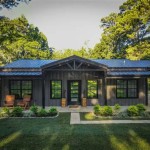House Plans on a Slope
Building a house on a slope presents unique challenges and opportunities for homeowners and designers alike. While building on a slope can offer breathtaking views and a distinctive architectural presence, it also requires careful planning and design considerations to ensure the home's stability, functionality, and aesthetic appeal.
Benefits of Building on a Slope
Panoramic Views: Slopes often provide elevated vantage points, allowing homeowners to enjoy expansive views of their surroundings, whether it's a cityscape, a lush forest, or a sparkling lake.
Privacy: Houses built on a slope can have a more private feel, as they are naturally shielded from street noise and overlooking neighbors.
Architectural Interest: The slope can be incorporated into the design of the house, creating a unique and visually striking architectural statement.
Challenges of Building on a Slope
Stability: Ensuring the stability of a house on a slope is of paramount importance. The foundation must be carefully designed to withstand the pressure of the soil and prevent any potential sliding or erosion.
Drainage: Water runoff can be a challenge on slopes. It is essential to implement proper drainage systems to prevent water from accumulating around the house, leading to flooding or structural damage.
Access: Accessibility may be an issue, especially if the slope is steep. Careful consideration should be given to designing driveways, walkways, and stairs that provide safe and convenient access to the house.
Design Considerations for House Plans on a Slope
Orientation: The orientation of the house is crucial. Positioning the house to take advantage of natural light, views, and prevailing winds can maximize energy efficiency and enhance indoor comfort.
Terracing: Terracing is a common solution for building on slopes. The house is built into the hillside, creating multiple levels connected by stairs or ramps.
Split-Level Design: Split-level designs allow the house to be built on different elevations, creating a staggered effect that mimics the slope.
Stilts or Piers: In areas with steep slopes, the house can be elevated on stilts or piers, creating additional space underneath for storage or parking.
Retaining Walls: Retaining walls can be used to hold back soil and create a level area for the house. They also help to prevent erosion and improve drainage.
Materials: The materials used in the construction of a house on a slope should be suited to the environmental conditions. For example, using a stone foundation and durable siding can help to withstand the elements and protect the home from moisture.
Conclusion
Building a house on a slope requires careful planning and a thoughtful approach to design. By addressing the challenges and embracing the opportunities presented by the incline, homeowners and designers can create stunning and functional homes that harmonize with their surroundings. Whether it's enjoying breathtaking views, enhancing privacy, or making a bold architectural statement, house plans on a slope offer a unique canvas for creativity and innovation.

Home Designs For Sloping Blocks Mark Lawler Architects

The Architect Split Level House Built On Steep Slope Description From Kathabuzz Co Into Hillside Architecture Unique Plans

Sloped Lot House Plans With Walkout Basements At Dream Home Source Unique Modern Architecture

Home Designs For Sloping Blocks Mark Lawler Architects

Steep Slope Home Designs House Plans 3 Jpeg 480 398 More Houses On Edge Dream Design Architecture Modern

Looking For The Perfect Affordable Cottage With A Large Covered Balcony Plan 1143

Hillside House Slope Design

Home Designs For Sloping Blocks Mark Lawler Architects

Split Level Home Designs For Sloping Blocks G J Gardner Homes

Hillside And Sloped Lot House Plans

